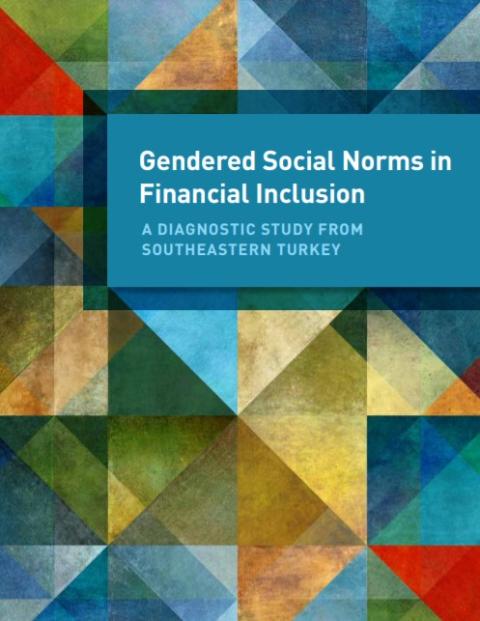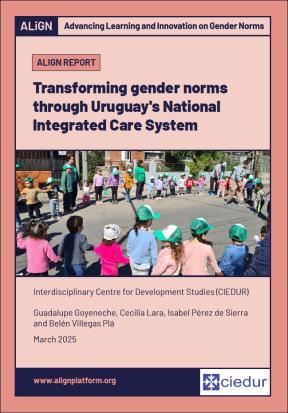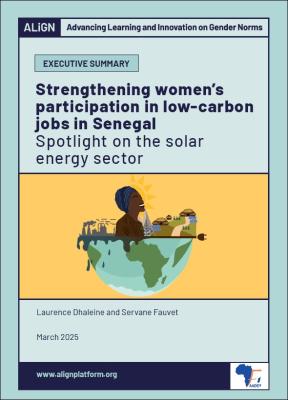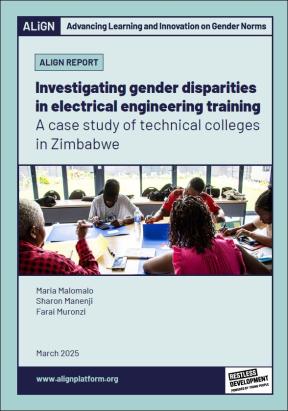- Case study
- 1 July 2020

This paper is a supplement to the CGAP Blog, "Personas Show How Social Norms Impact Women’s Financial Inclusion" (December 2020).
The influence of gendered social norms has not been systematically analysed or widely incorporated into financial inclusion programming. This diagnostic aims to identify social norms that affect how women access, use, and benefit from financial services. The goal is to guide practitioners toward a better understanding of the underlying dynamics. By identifying actionable insights, practitioners can design interventions that target the root causes of consumer behaviours that limit the potential benefits of financial inclusion interventions for women.
The social norms diagnostic was conducted over the course of eight months between December 2018 and August 2019 in Gaziantep, Southeastern Turkey. A total of 93 men and women, mostly of Syrian Arab origin, were spoken to over the course of the study. The four social norms with the strongest influence on women's behaviour as consumers of financial services were identified as:
- Women should not have financial privacy from their husbands.
- Women should not have savings of their own.
- Women should not have assets in their own name.
- Women should not own large businesses.
In light of this, key recommendations to donors and financial service providers include broadening the scope of interventions, amplifying trends on existing norms, and designing interventions that address constraints.
- Countries / Regions:
- Turkey
Related resources
Report
26 March 2025

Report
20 March 2025

Report
20 March 2025
